
About this book
Growing Up for Boys is the essential guide to help you through your teens.
Body changes, brain changes, shaving, self-confidence, exercise, healthy eating, social networking, sexuality, drugs, drink, power, responsibility, hormones, feelings, friends, relationships, break-ups, contraception, STIs, stress, bullying, exams
PANIC ALERT!
Dont worry, its all going to be OK.
Just keep CALM and carry on reading This book covers everything you need to know to get through the ups and downs of teenage life.
Expert advice from:
Dr Matthew Evans BSc DClinPsy
Chartered clinical psychologist
Dr Kristina Routh BSc MD FFPH
Department of Public Health, University of Birmingham
Dr Ellie Hothersall MBChB, MPH, FFPH
University of Dundee
Andrew Bazeley
Policy and Insight Manager, The Fawcett Society
Designed by Hanri van Wyk
Additional design by Tom Ashton-Booth
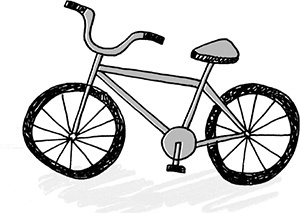
Introduction
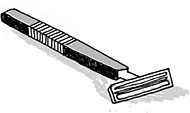
This book is all about the changes and experiences of puberty, which is the time when you turn from a child into an adult.
A lot of what happens during puberty affects your body, and if you dont know what to expect, these changes can be pretty surprising. Your brain goes through some big changes, too, affecting the way you think, what you think about, and how you react to the world.
This book is full of tips on how to deal with the worries and anxieties that come hand in hand with teenage life, whether its coping with family life, or dealing with exam stress. Theres also lots of information about grown-up stuff, from sex and drugs to money and relationships.
A new you
Puberty is a big deal. It takes years, and by the end, youll be a different person. Your face will look a little different, your body will have a different shape, and your mind will think in a slightly different way.
Just like being on a roller coaster, puberty is something you have no control over, so it can be exciting and scary at the same time.
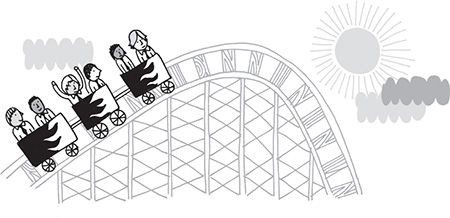
Going through puberty is not just about your body. Chances are, youll pick up some new friends, and new interests along the way, as well as greater independence and new responsibilities.
What happens?
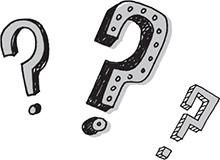
As you grow up, there are all sorts of things going on with your body, on the outside and on the inside. Heres a list showing the order that these things most often happen. But bear in mind that everyone is different and these stages often overlap.
(Dont worry if you dont understand what some of the words mean. There are explanations of each stage in the rest of the book.)
You start to get bigger and taller.
Your testicles and penis grow bigger.
You grow pubic hair and underarm hair.
Your start to get erections a lot and start to produce semen. (These are related.)
You become moodier.
Your voice gets deeper.
Your face and body get hairier.
Puberty can start when youre as young as 10 or 11, but most boys dont really notice a change in themselves until theyre 13, 14 or even 15. Most of the major changes brought on by puberty finish by the time youre 18, but some take longer. And although the intense changes of puberty do come to an end, you never stop changing. Most men find they get hairier as they get older, for example.
Have I already started?
If youve already noticed any of the changes in the list above, then yes, you have started puberty! Congratulations.
Believe it or not, the most important change is one that happens in your head. Try the following quiz, to find out if your mind, as well as your body, is already in puberty mode
 Quick quiz
Quick quiz 
Do some activities, outings and games you enjoyed when you were younger now seem babyish or boring?
Do you find yourself suddenly losing it over little things and getting into silly arguments with your family and friends?
Do you sometimes feel angry, stressed or a bit miserable for no special reason?
Do your parents or carers drive you crazy (even when they are doing their best to be helpful and understanding)?
Do you feel self-conscious about your body?
 Answers
Answers 
Mostly YES answers?
You are right in the middle of puberty and everything you feel now is quite normal. There are some Think tips boxes to help you cope with your feelings scattered throughout the book.
Mostly NO answers?
You may not have started full-blown puberty yet, but it wont be long. Keep reading to find out more about all the big changes on the way.
Some YES and some NO answers?
You have just hit puberty. Exciting times lie ahead!
Whats what?
Its impossible to talk about puberty without discussing parts of the body people dont usually bring up in polite conversation. But precisely because people dont talk about them, its easy to grow up without knowing what to call these bits.
There are countless nicknames for your bits, but theyre not always understood by everyone. This diagram shows you the correct names for your private parts properly known as your genitals or sex organs.
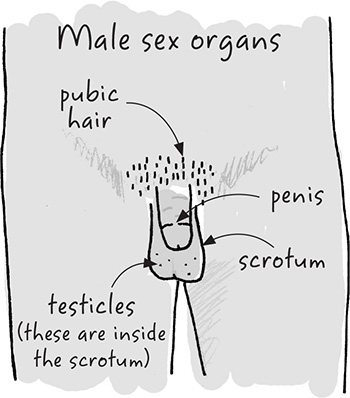
Becoming a man
Before puberty youre a boy; afterwards, youre a man. Simple, right?
Not so fast. The world is full of advice and ideas about what being a man means: being tough; knowing how to fight; not crying. All of this is nonsense. Its true that grown-ups have more responsibilities than children, but its not true that there are some things that men should do or be that dont apply to women. And its never true that fighting or violence fixes problems.
Its not your job (or anybody elses job) to be a man its your job to be YOURSELF. Later in the book, you can read about how you might start to go about finding out just who yourself actually is
Why is this happening to me?
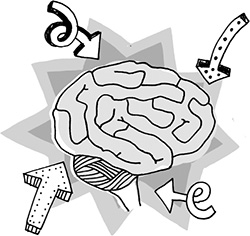
If youre interested in why and how puberty is transforming your body, heres the science.
All the changes are caused by hormones. These are chemicals produced in glands inside your body and carried around in your blood. They act as signals that tell different parts of your body what to do, often telling your body to start doing something, and when to stop.
Hormones arent just concerned with puberty. Our bodies can make over 30 hormones and each has a different job. The hormone adrenaline, for example, is released when you are scared and it makes your heart beat faster and speeds up your breathing so you can run away or fight if you need to. You may have heard of a hormone called insulin. This works with another hormone called glucagon to control the amount of sugar in your blood.
Next page
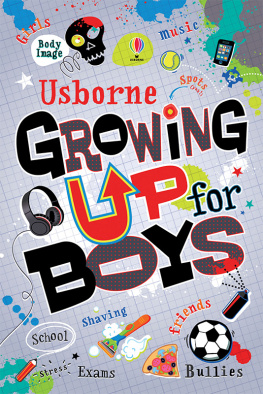


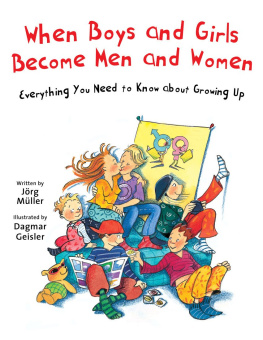
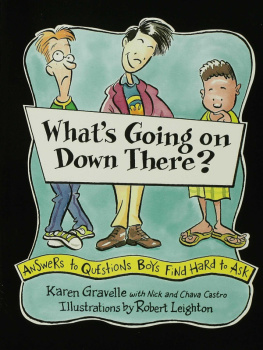
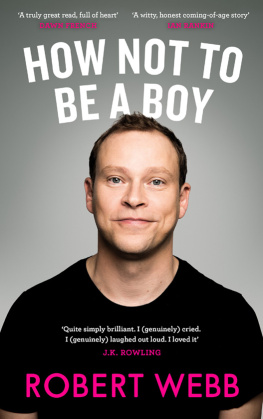
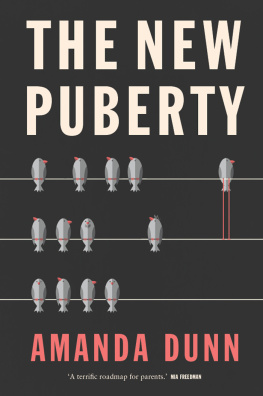
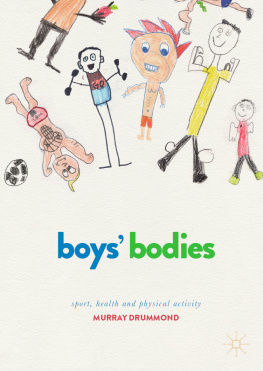





 Quick quiz
Quick quiz 

